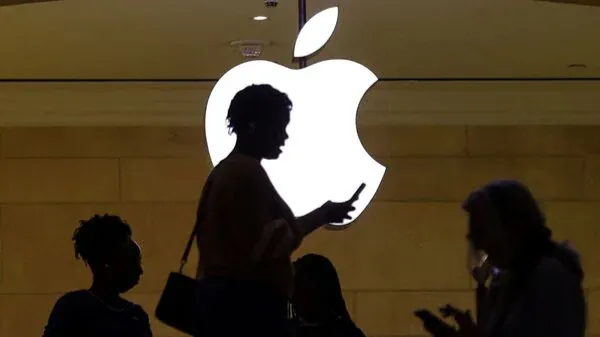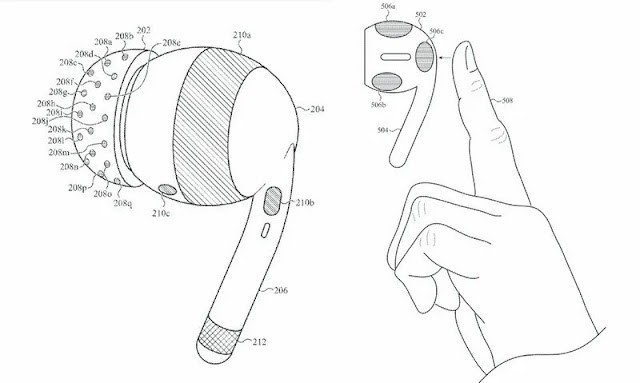While the tech world often buzzes with announcements about the latest, shiniest, and thinnest new devices, the most important developments are often the ones we can’t see. Apple’s recent announcements, for example, go far beyond a new iPhone model; they’re focused on providing users with powerful tools to combat sophisticated digital threats. These security features are crucial in a world where cyber-mercenaries and governments are using increasingly invasive spyware to monitor and exploit personal data.
The Growing Threat of Spyware
For years, governments and other organizations have been using malware to infect phones and computers. A prime example is Pegasus, a well-known spyware developed by the Israeli firm NSO Group. This spyware is notorious for its “zero-click” capability, meaning it can infect a device without any action from the user, simply by exploiting a vulnerability in a common app like iMessage or WhatsApp. Once on a device, it can access everything from messages and photos to the microphone and camera, turning a phone into a 24/7 surveillance tool.
This isn’t just a problem of the past. Recent reports from the Electronic Frontier Foundation (EFF) highlight that the U.S. Immigration and Customs Enforcement (ICE) has reactivated a $2 million contract with Paragon Solutions, a cyber-mercenary and spyware manufacturer. This company’s “Graphite” malware is a modern equivalent of Pegasus, capable of infiltrating phones to read encrypted messages and access cloud backups. These kinds of contracts and the proliferation of such tools underscore the urgent need for individuals to take charge of their digital security.
Apple’s Response: Lockdown Mode and Advanced Data Protection
Apple’s most significant contributions to user security aren’t new devices, but the features they’ve developed to counter these threats. The EFF itself recommends two of these: Lockdown Mode and Advanced Data Protection for iCloud.
Lockdown Mode is an extreme protection feature for iPhones designed for the very small number of individuals who might be targeted by sophisticated, state-sponsored cyberattacks, like journalists, activists, or government officials. When enabled, it severely limits certain functions to reduce the “attack surface” that can be exploited by spyware. This includes blocking most message attachments, restricting complex web technologies, and preventing incoming FaceTime calls from unknown numbers. While it’s not for everyone, it provides a critical layer of defense for those at highest risk.
The second crucial feature is Advanced Data Protection for iCloud. By default, some iCloud data is already end-to-end encrypted, but this feature expands that protection to most iCloud data categories, including backups, photos, and notes. This means that data can only be decrypted on your trusted devices, ensuring that not even Apple can access your information. This is a powerful privacy tool, so much so that some governments have pushed back against it. The UK government, for example, has reportedly tried to force Apple to provide them with backdoor access to consumer data.
Ultimately, while the sleek new gadgets grab headlines, the most valuable innovations are those that empower us to protect ourselves from the ever-evolving landscape of digital threats.
~Rushen Wickramaratne



qndlxznywiiyisnouqdehsqlrlzsnq